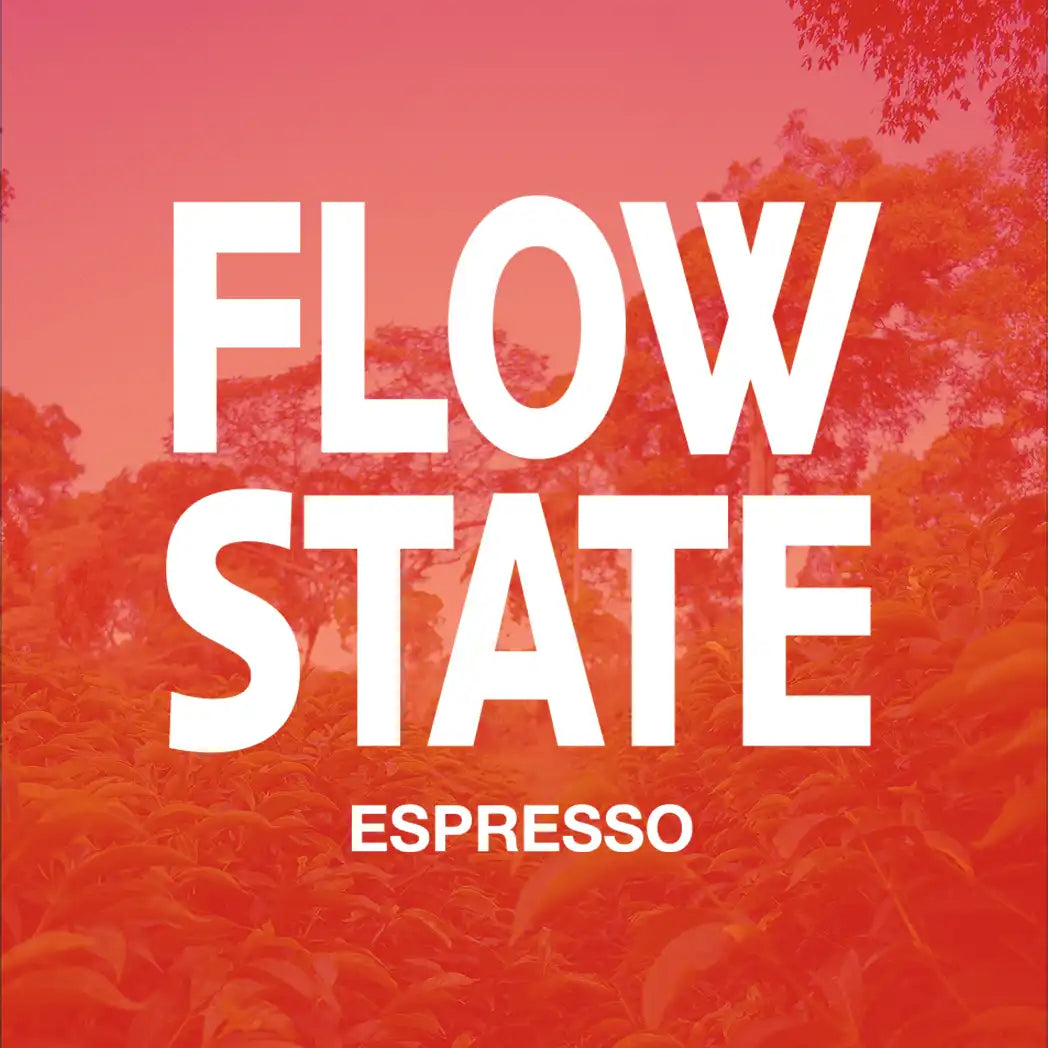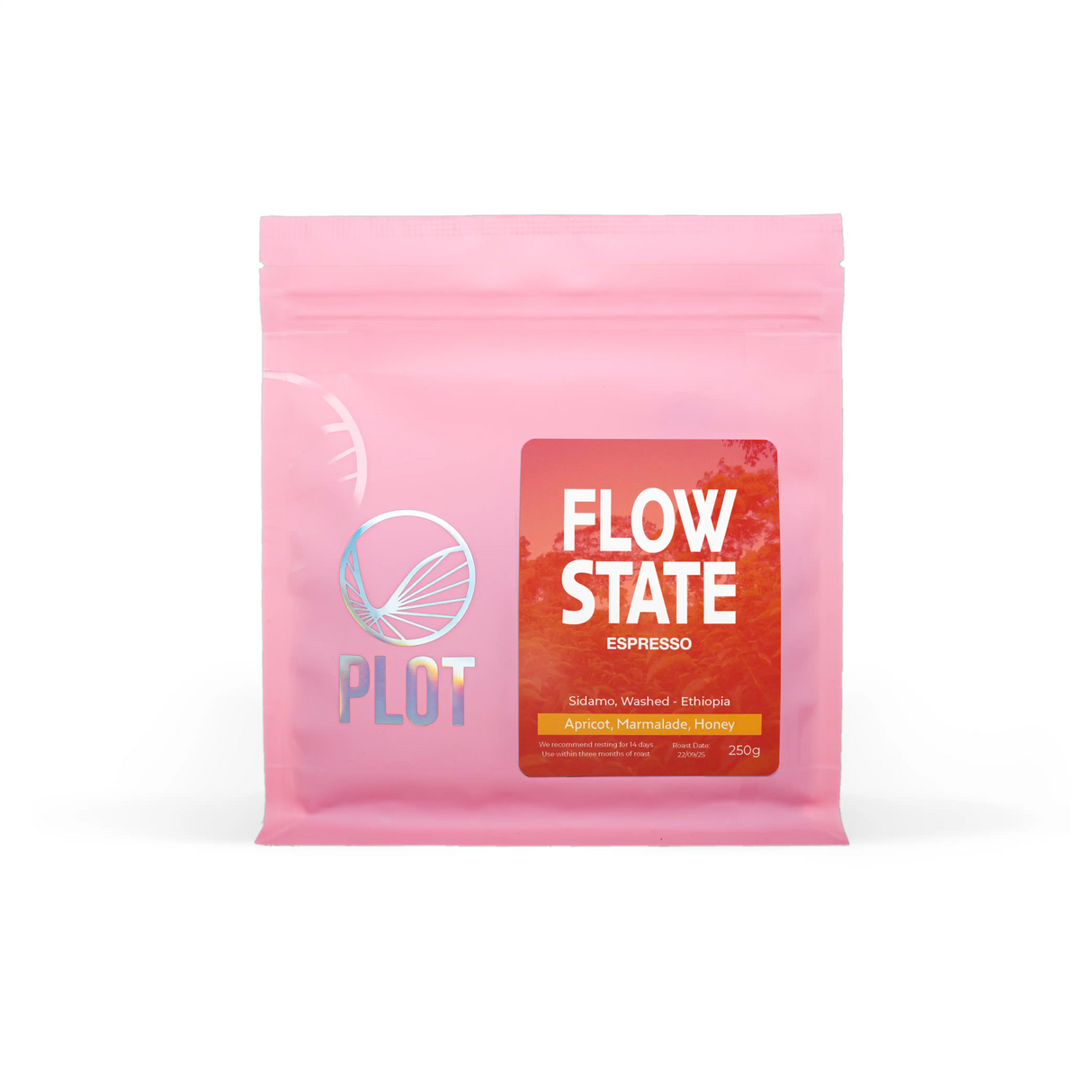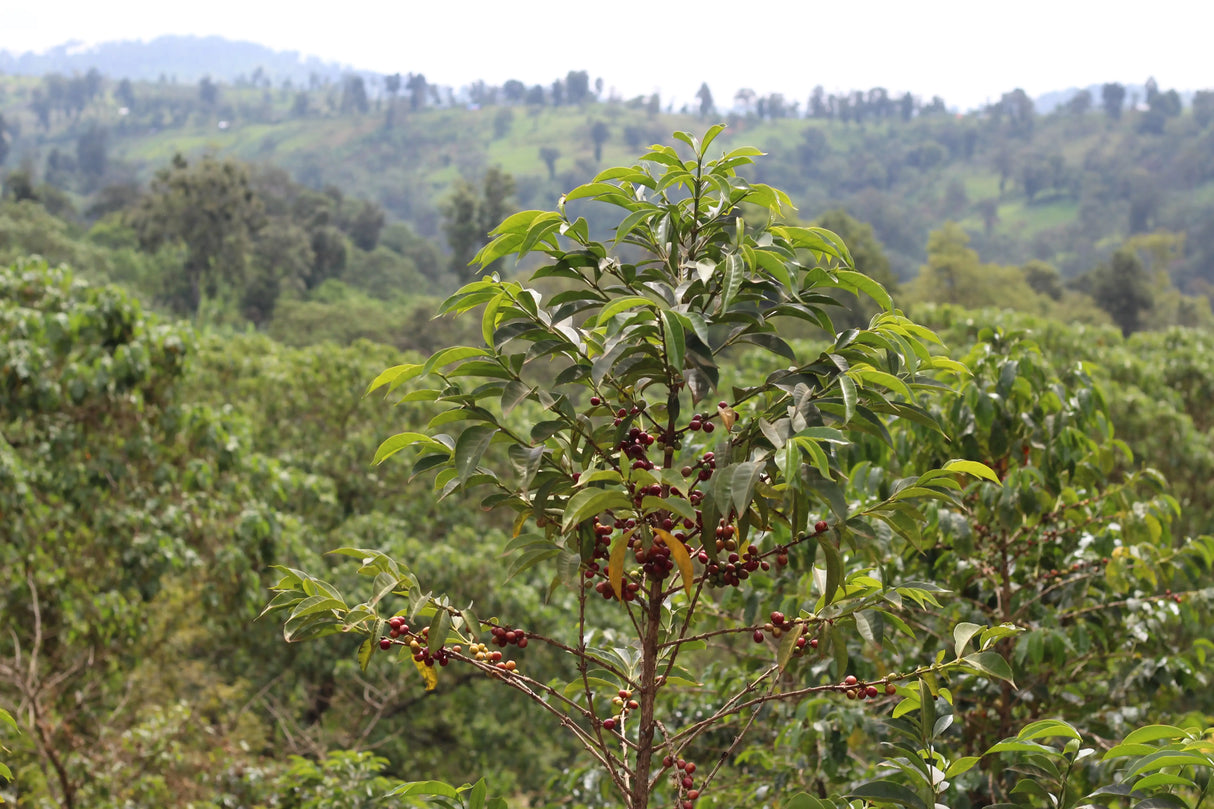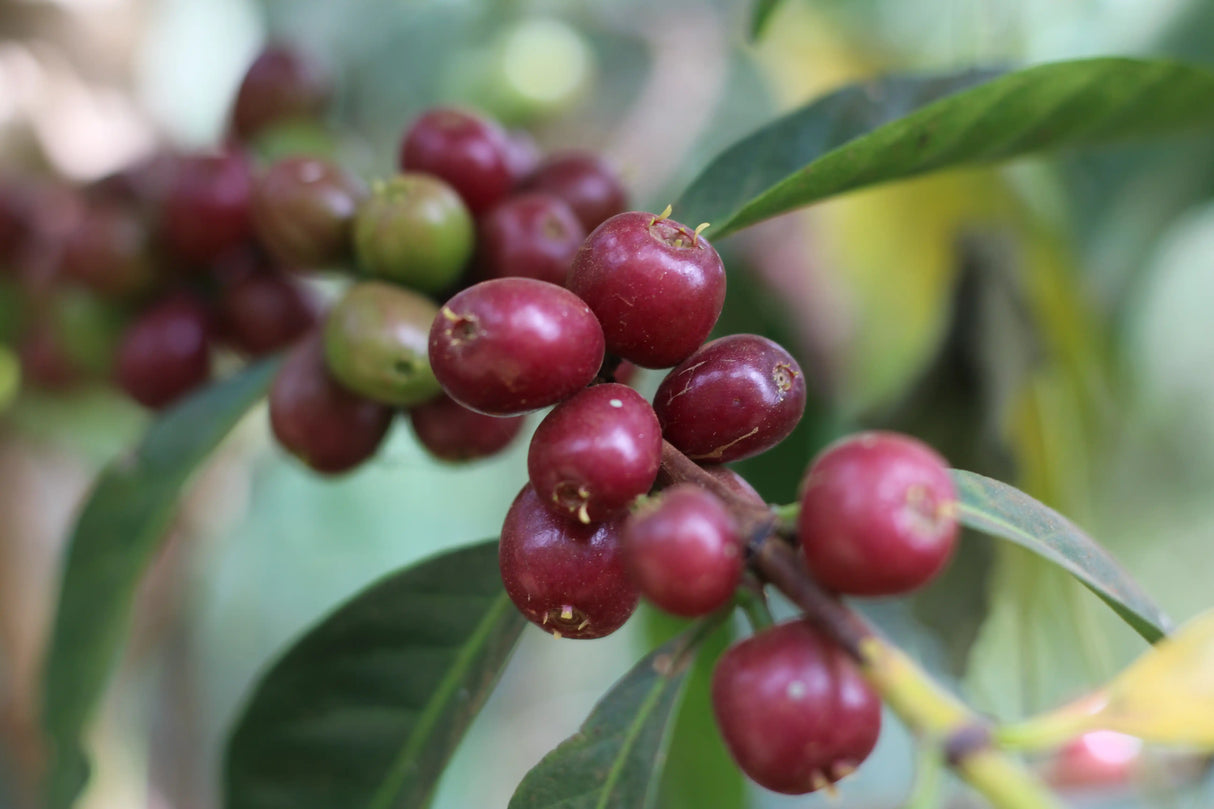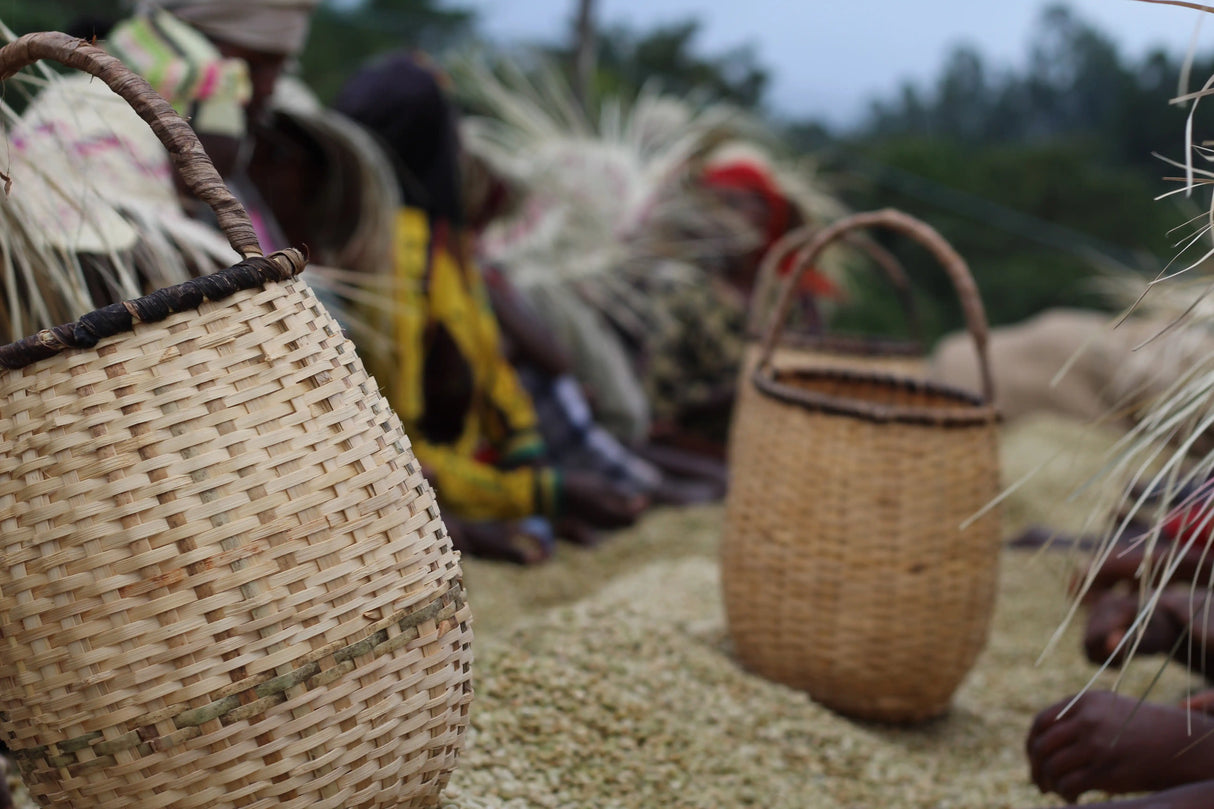FLOW STATE Espresso
£12.50
Unit price
/
Unavailable
FLOW STATE Espresso - 250g is backordered and will ship as soon as it is back in stock.
Lot Info
Lot Info
Producer
Producer
Cultivar
Cultivar
Process
Process
Traceability
Traceability
| Producer | Various Smallholders |
| Location | Sidamo, Ethiopia |
| Elevation | 1,500 - 2,200 masl |
| Cultivar | Heirloom |
| Preparation | Washed |
| Harvest | September - December 2024 |
| Arrival | August 2025 |
| Exporter | Volcafe |
| Importer | Volcafe |

